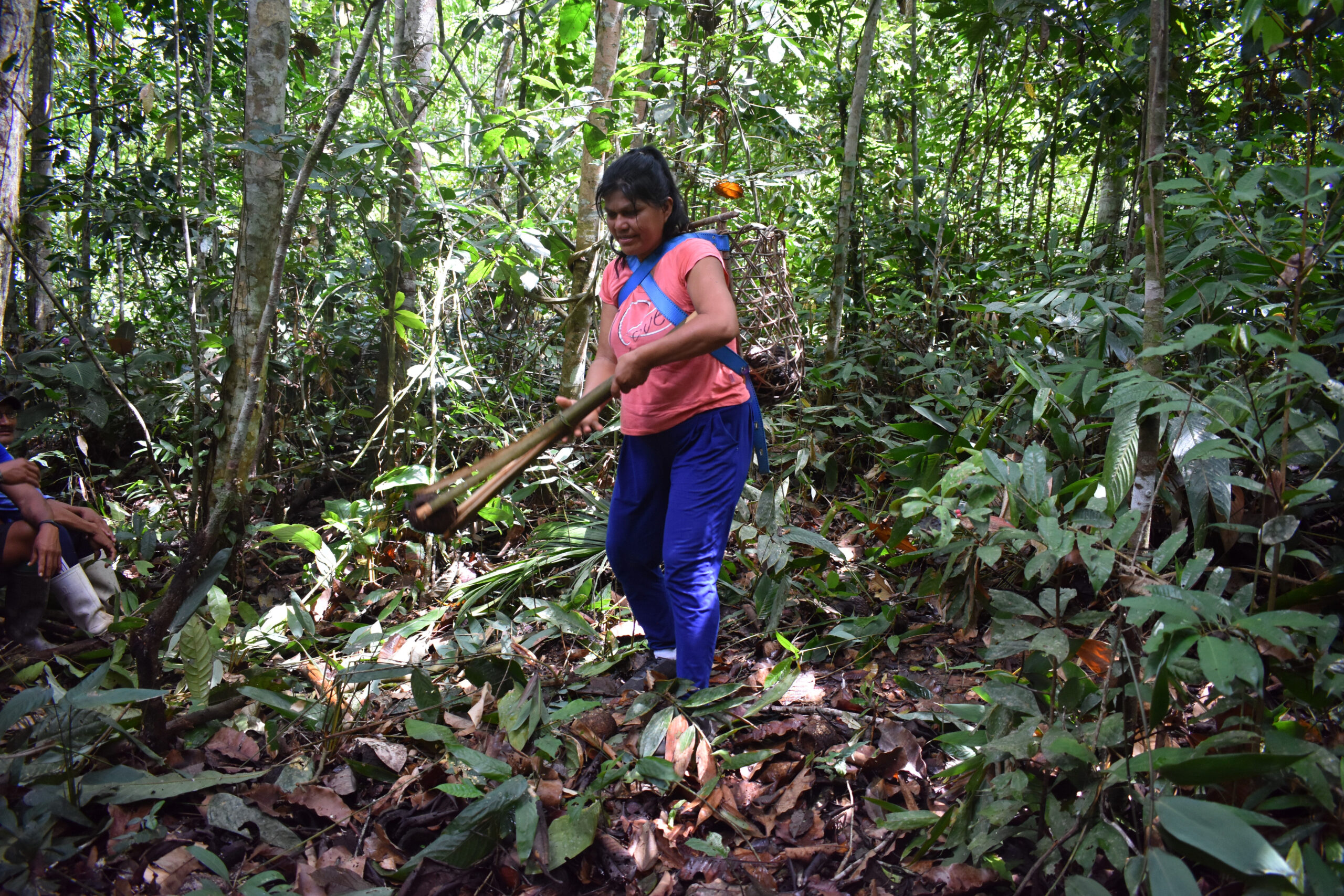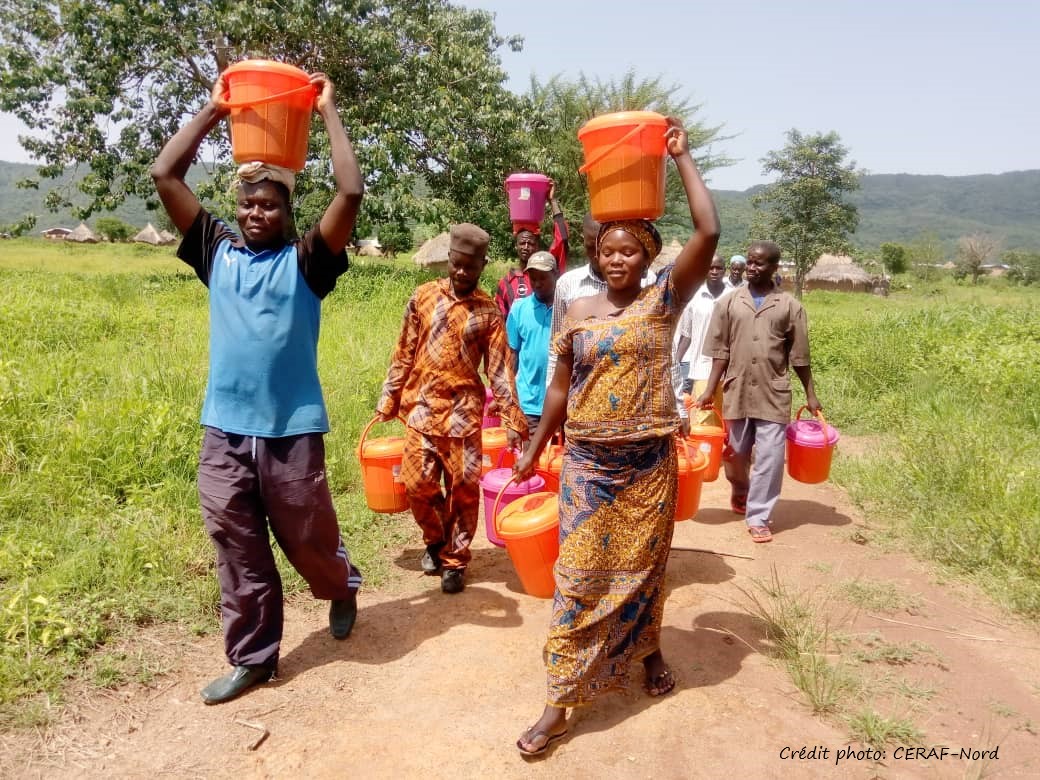Around the world, land stewards, indigenous peoples and local communities hold a unique power to protect and restore essential ecosystems. From forests to wetlands, these ecosystems are a key defence against climate change. Indigenous people safeguard 80% of the world’s remaining biodiversity but face daily threats to their way of life. So when local people are threatened – or denied the chance to make a sustainable living – our climate is threatened too.
Action to support them is vital. That’s why the four organisations shortlisted for The Ashden Award for Natural Climate Solutions are backing indigenous communities to carry out their vision of ecological restoration and the protection of their territories. These innovators are working to strengthen the incomes, wellbeing and security of rainforest communities, enabling them to act as guardians and restorers of their lands.
This award is supported by the UK Department for Energy Security and Net Zero.
ECA Amarakaeri

ECA Amarakaeri is a Peruvian NGO pioneering a model of indigenous community-led conservation, governance and co-management of the Amarakaeri forest reserve. Their work replaces extractive economic activities by supporting rainforest communities to make a living through sustainable nut cultivation and marketing.
ECA helps 10 indigenous communities living in the reserve work hand-in-hand with the state government to mitigate climate change through the sustainable co-management of the reserve – a primary forest covering 402,335 hectares, in an area under threat from illegal gold mining and logging, deforestation for settlement and agriculture. ECA supports more than 1,500 local people to monitor and patrol the reserve and gather evidence of any illegal activities or impacts within it.
Aliansi Masyarakat Adat Nusantara (AMAN)

Indonesia’s AMAN is an independent indigenous organisation representing 2,514 communities, with 18 million members. AMAN works locally, nationally and globally on the protection of human rights, recognition of land rights and boosting incomes.
Its activities includes strengthening the role of indigenous people in mapping, planning and land use decisions in their territory. AMAN also helps people develop sustainable livelihoods beyond logging, and benefit from access to renewable energy. And it has strengthened indigenous land rights in 3.1 million hectares of territory.
Kabata Könana and Love for Life

Kabata Könana – an indigenous women’s organisation in the Talamanca region of Costa Rica – has worked with German NGO Love for Life to created a solar energy and regenerative agriculture programme strengthening the self-determination and livelihood opportunities of people, particularly women, from the indigenous Cabecar community.
Clean energy has arrived in 300 homes, as well as 11 health centres and schools. Support for regenerative agroforestry, producing a range of foods, gives people an alternative to wage labour on local plantations.
CERAF Nord

CERAF Nord is a Cameroonian non-profit working in locally-led land restoration in the Bénoué National Park and other protected areas in the north of the country, mobilising communities to restore degraded lands through agroforestry. CERAF works with indigenous, marginalised populations (Bororos and Pygmies) and offer nature-based solutions tailored to the needs of local communities.
The organisation supports community planting of fast-growing plant species with a dual economic and ecological benefit, and also the growth of sustainable businesses based on beekeeping and growing shea and cashew nuts. Key to this is helping people form producer co-operatives to market and sell their produce.
